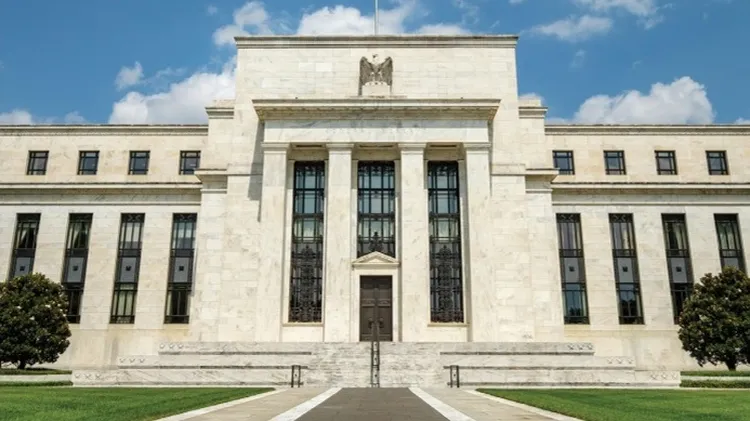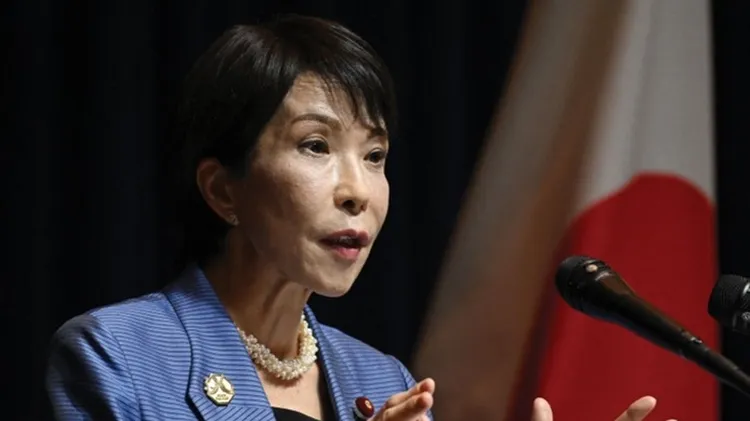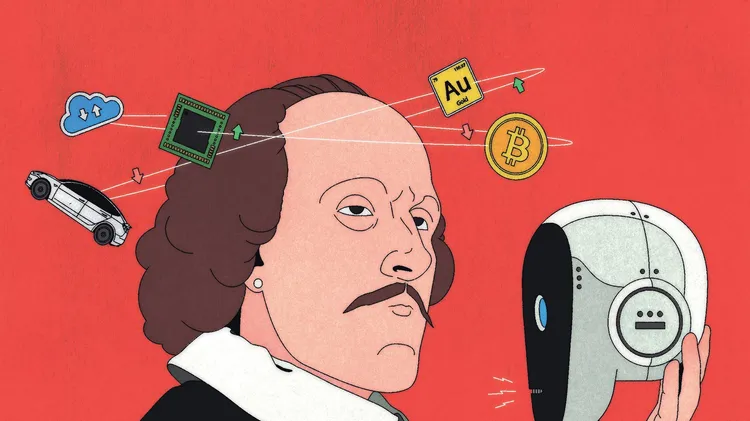The suggestion that high rates are driving inflation shows how reluctant
Avoiding erdoganomics
2 min read
This article is from...
Read this article and 8000+ more magazines and newspapers on Readly






